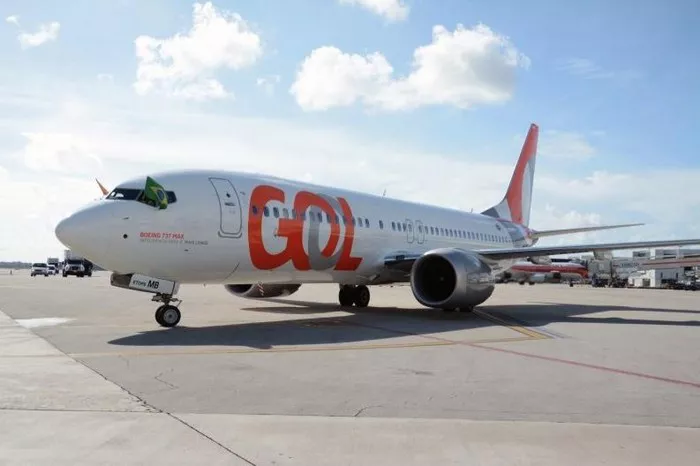GOL and TAP Air Portugal have become the first airlines to implement FuelIS, a cutting-edge analytical tool developed by the International Air Transport Association (IATA) designed to enhance fuel efficiency—one of the aviation industry’s highest operational expenses.
FuelIS integrates seamlessly with the Fuel Efficiency Gap Analysis (FEGA) system, enabling airlines to benchmark the fuel efficiency of their aircraft and engines against industry averages. This comparison uses real operational data gathered from over 220 airlines via IATA’s Flight Data eXchange (FDX) program, which annually covers more than 8 million flights worldwide.
According to IATA, FuelIS offers airlines detailed insights across markets, regions, countries, and fleet types, helping to uncover opportunities to reduce fuel consumption and improve environmental performance.
“Fuel management is key for airlines. Depending on jet fuel prices, it typically represents 25% to 30% of their cost base,” said Nick Careen, IATA’s Senior Vice President of Operations, Safety, and Security. “As airlines move toward decarbonization, monitoring and managing carbon costs—which are directly linked to fuel use—will become increasingly important. FuelIS provides a clear view of how airlines perform relative to peers, revealing efficiencies that lower costs and environmental impact.”
IATA’s roadmap to net-zero carbon emissions by 2050 highlights that technological advances and operational improvements will account for approximately 10% of the total emission reductions required.
TAP Air Portugal emphasized the critical role fuel efficiency plays in its decarbonization efforts. CEO Luís Rodrigues noted, “Every kilogram of fuel saved counts. FuelIS helps us track the impact of our fleet modernization and our transition to sustainable aviation fuels (SAF). It also supports a more agile fuel strategy aligned with market and operational changes.”
Similarly, GOL’s Chief Operating Officer Albert Pérez stated, “Fuel is a major cost driver for all airlines, and managing consumption effectively is a competitive advantage. FuelIS equips us with data to optimize fuel use and benchmark against the industry. Joining FuelIS reflects our ongoing commitment to operational excellence, performance, and cost control.”
Since 2005, IATA has worked with airlines to identify potential annual fuel savings of 4.76 million tons, translating to estimated cost reductions of USD 3.8 billion each year.

